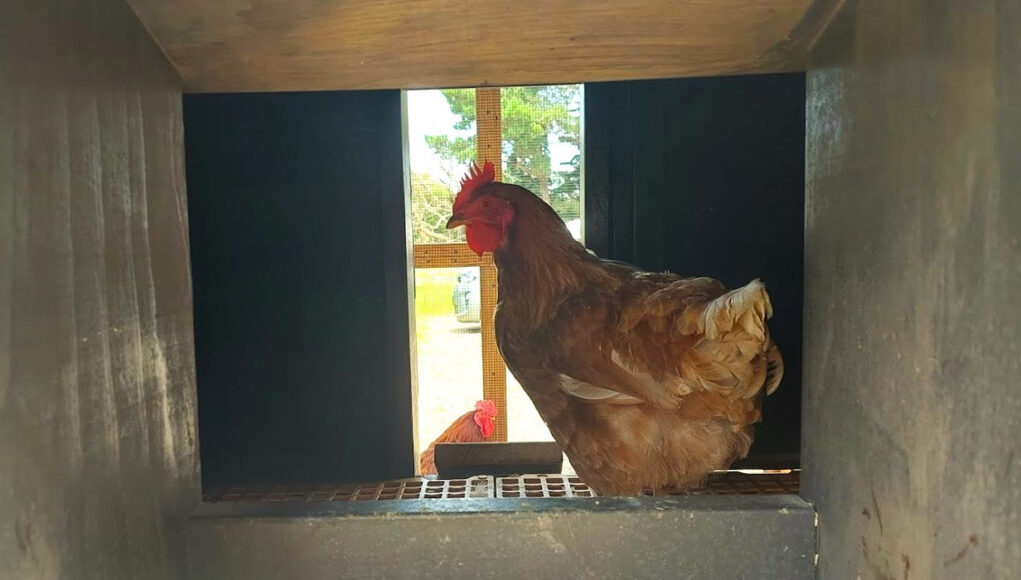For those who are passionate about raising chickens, the question ‘Is it ok for hens to nest on ground?’ often arises. Understanding the nesting habits of hens is crucial for ensuring their health and productivity. In this article, we will explore why some hens prefer to nest on the ground and what you can do to support this natural behavior.

Why Do Hens Nest on the Ground?
Hens have been nesting on the ground long before domestication. This behavior is rooted in their instincts. Ground nesting can offer more protection from predators and provide a sense of safety. For some hens, it feels more natural compared to elevated nesting boxes.
The Natural Instinct of Ground Nesting
Ground nesting is a behavior seen in wild ancestors of domestic chickens. It is not uncommon for hens to prefer the ground for laying eggs. Factors like environmental comfort and safety from predators contribute to this choice.
Pros and Cons of Ground Nesting
Pros: Hens may feel more secure and less stressed, resulting in better egg production. Ground nesting can also be more natural, reducing the need for artificial nesting boxes.
Cons: There is a higher risk of eggs being stepped on or soiled. Additionally, ground nests may attract more pests if not managed properly.
Creating a Safe Environment for Ground Nesting
To accommodate ground nesting hens, it’s essential to create a safe and comfortable environment. This includes ensuring the ground is clean and using suitable materials for nesting.
Choosing the Right Nesting Materials
Using the right materials is vital. Straw, hay, and wood shavings are excellent choices for ground nests. These materials provide cushioning and help keep the eggs clean. For more information on the best materials, check out this guide on nesting materials.
Protecting Eggs from Predators
Predator protection is crucial for ground nesting hens. It’s important to regularly check for signs of predators and reinforce the coop if necessary.
Health Implications of Ground Nesting
Understanding the health implications of ground nesting is important for chicken keepers. Maintaining a clean and dry environment is key to preventing diseases.
Preventing Disease and Pests
Regular cleaning of the nesting area and using diatomaceous earth can help control pests like mites and lice. Ground nesting areas should be inspected regularly to prevent health issues.
Managing Broody Hens on the Ground
Broody hens may prefer ground nesting. Providing a separate space with minimal disturbance can help. For insights on managing broody hens, visit this resource.
Alternatives to Ground Nesting
While ground nesting is natural, some chicken keepers prefer other methods. Elevated nesting boxes and enclosed nests can be alternatives.
Benefits of Elevated Nesting Boxes
Elevated nesting boxes can reduce the risk of egg breakage and contamination. They also offer protection from ground-level predators.
Transitioning from Ground to Elevated Nests
For hens that are used to ground nesting, transitioning to elevated nests can take time. Gradual introduction and encouragement are necessary.
Conclusion
So, is it ok for hens to nest on ground? Absolutely. Ground nesting is a natural and instinctive behavior for hens. With proper management and protection, it can be a healthy and productive choice for your flock.

FAQs
1. Can ground nesting affect egg production?
Ground nesting can affect egg production positively if hens are comfortable. However, proper management is necessary to prevent issues.
2. How do I protect ground nests from predators?
Use secure fencing and regular monitoring to protect ground nests. Reinforcing the coop and using predator deterrents can help.
3. What materials are best for ground nests?
Straw, hay, and wood shavings are ideal for ground nests. They provide cushioning and help keep eggs clean.
This article contains affiliate links. We may earn a commission at no extra cost to you.











